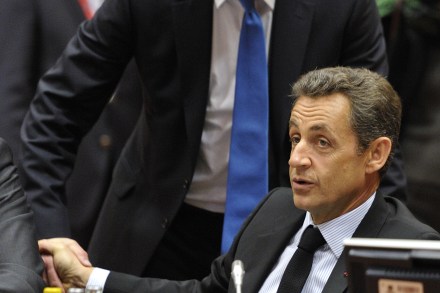Britain: a European pariah?
The British government has worked hard to counteract any perception that it is being marginalised in Europe. Before the election, the Tory party went around to different capitals to assuage any fears that may have existed. The message: despite the Conservative departure from the EPP, and their anti-Lisbon Treaty remonstrations, they would not be a problem. They would be businesslike. Once in power, David Cameron unleashed his charm, showcased his polyglot Deputy Prime Minister and sent William Hague out to make everyone feel that they had a partner not a pariah in London. Further, the energetic and amiable David Lidington replaced the combative Mark Francois as Europe Minister. Links with

















